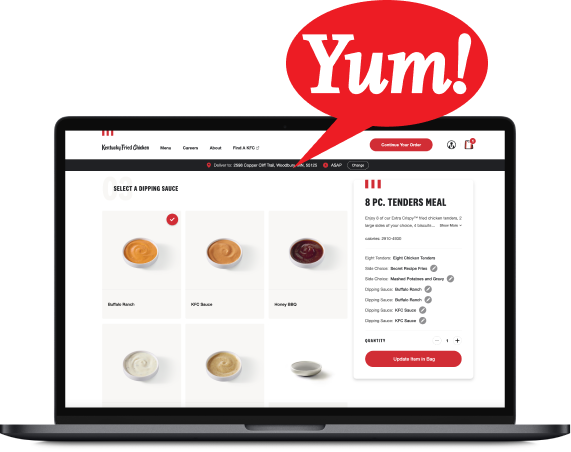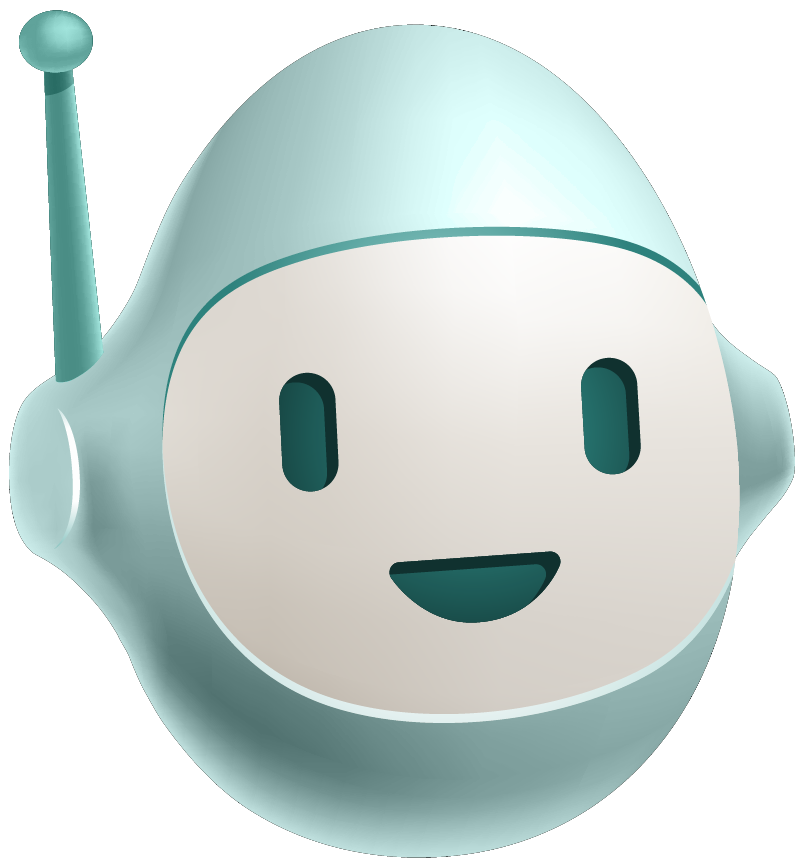Simulate the service layer page
Simulate the service layer (can-fixture)
The problem
Simulate a service layer that handles the following requests and responses:
GET /api/todos
-> GET /api/todos
<- {
"data": [
{ "name": "mow lawn", "complete": false, "id": 5 },
{ "name": "dishes", "complete": true, "id": 6 },
{ "name": "learn canjs", "complete": false, "id": 7 }
]
}
This should also support a sort and complete params like:
-> GET /api/todos?sort=name&complete=true
GET /api/todos/{id}
-> GET /api/todos/5
<- { "name": "mow lawn", "complete": false, "id": 5 }
POST /api/todos
-> POST /api/todos
{"name": "learn can-fixture", "complete": false}
<- {"id": 8}
PUT /api/todos/{id}
-> PUT /api/todos/8
{"name": "learn can-fixture", "complete": true}
<- {"id": 8, "name": "learn can-fixture", "complete": true}
DELETE /api/todos/{id}
-> DELETE /api/todos/8
<- {}
What you need to know
fixture - is used to trap AJAX requests like:
fixture("/api/entities", function(request) { request.data.folderId //-> "1" return {data: [...]} })can-fixture.store - can be used to automatically filter records if given a schema.
const entities = [ .... ]; const entitiesStore = fixture.store( entities, entitiesAlgebra ); fixture("/api/entities/{id}", entitiesStore);
The solution
Click to see the solution
Create models/todos-fixture.js as follows:
// models/todos-fixture.js
import {fixture} from "can";
import Todo from "./todo";
const todoStore = fixture.store([
{ name: "mow lawn", complete: false, id: "5" },
{ name: "dishes", complete: true, id: "6" },
{ name: "learn canjs", complete: false, id: "7" }
], Todo);
fixture("/api/todos/{id}", todoStore);
fixture.delay = 500;
export default todoStore;

